South Africa Relative’s Visa
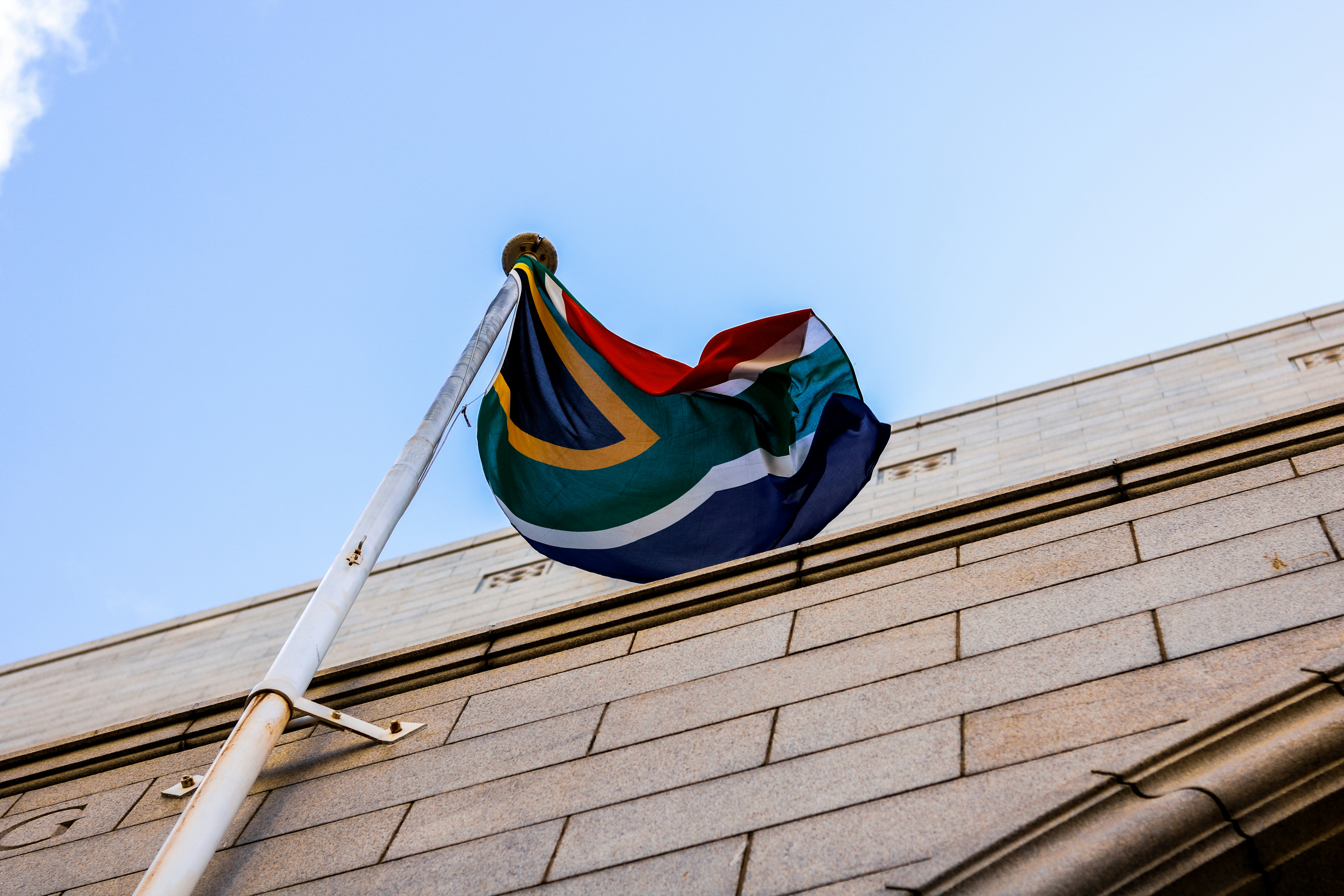
Quick Visa Facts
Visa length Up to 2 years per issuance.
Possible to extend? Yes, renewal applications can be made from within South Africa before the visa expires.
Who can apply? First- or second-degree relatives of South African citizens or permanent residents (e.g., spouses, parents, children, grandparents)
Minimum Income Requirements Sponsor must demonstrate a monthly income of at least ZAR 8,500 (approximately USD $475) unless the applicant is a spouse or minor child.
Time for visa applications Typically 4 to 8 weeks, depending on the country of application and completeness of documents.
Want to know if you can apply?
Complete a visa quiz and see if you qualify!
Whether you're building a new life in South Africa or have called it home for years, there’s nothing more important than staying connected to the people who matter most. Suppose you're a South African citizen or permanent resident looking to reunite with your family. In that case, the Relative’s Visa makes it possible for your loved ones to join you legally and long-term.
But navigating visa requirements, application processes, and eligibility rules can be overwhelming, especially when all you want is to bring your spouse, child, parent, or sibling closer. That’s why we’ve created this in-depth, easy-to-follow guide to the South Africa Relative’s Visa.
Whether you're just starting your research or getting ready to apply, this guide will walk you through everything you need to know.
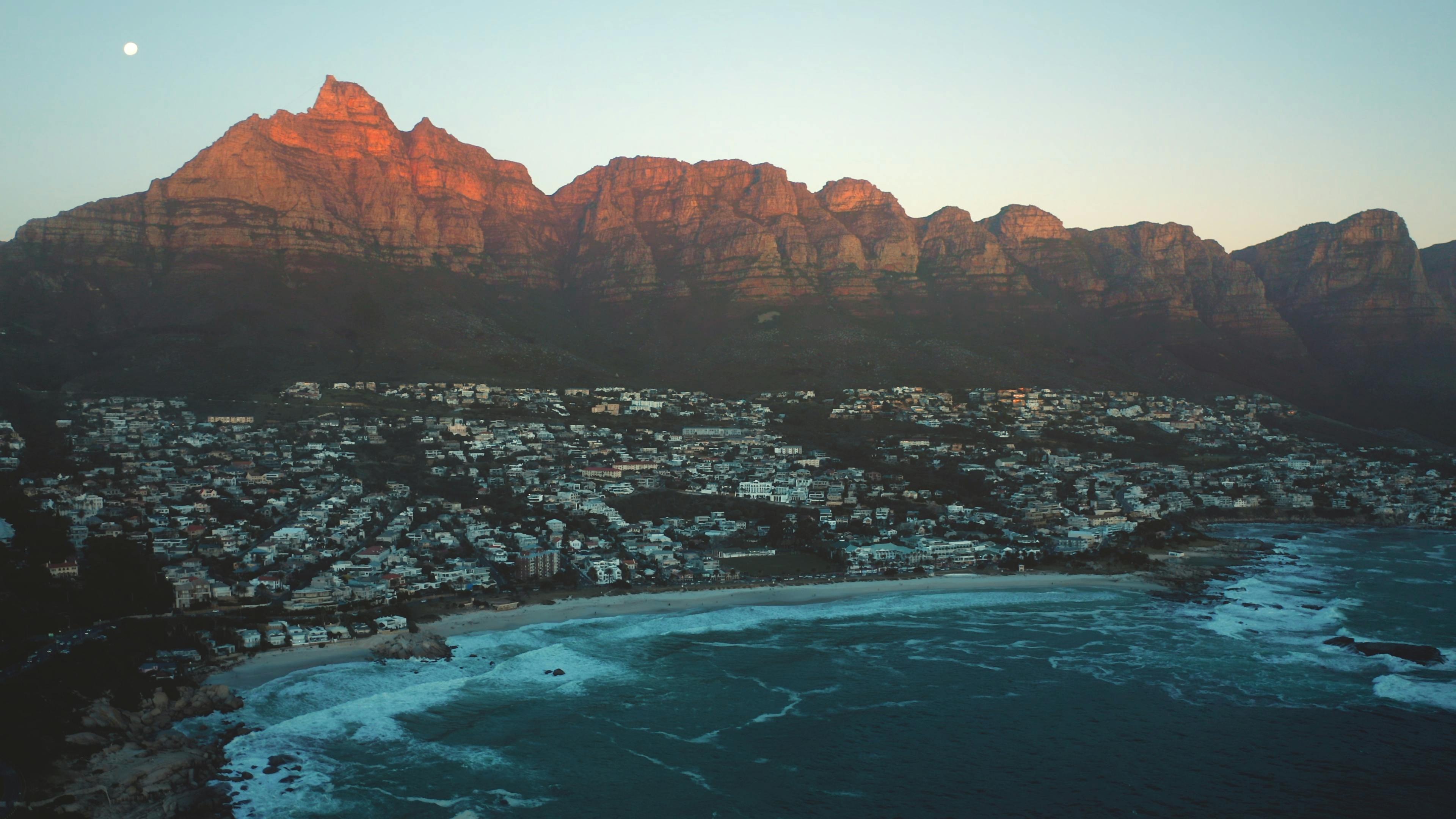
South Africa Relative’s Visa Overview
The South Africa Relative’s Visa, sometimes referred to as the Relative Permit, is a long-term temporary residence visa that allows the close family members of South African citizens or permanent residents to live in the country. It is issued under the Immigration Act No. 13 of 2002, which came into effect on 7 April 2003, replacing the previous Aliens Control Act and establishing new categories for family reunification.
This visa is specifically designed for cases where foreign nationals wish to join their immediate relatives in South Africa for extended stays. It is not a work visa or study permit, but rather a pathway for families to remain together legally and securely.
The Relative’s Visa can be issued for up to two years at a time and is renewable, as long as the qualifying relationship remains valid. The sponsor continues to meet the financial requirements set by the Department of Home Affairs.
Who Is It For?
The Relative’s Visa is available to foreign nationals who are first- or second-degree relatives of South African citizens or permanent residents. This includes:
Spouses and life partners (including same-sex partners)
Dependent children
Parents
Siblings
Grandparents or grandchildren (in some cases)
Applicants must prove a biological or legal familial connection, and the South African sponsor must demonstrate the financial means to support the applicant, typically a minimum of ZAR 8,500 per month per person (approximately USD $474), though exemptions apply for spouses and minor children.
What Does It Allow You to Do?
The Relative’s Visa allows eligible family members to:
Live in South Africa for the duration of the visa (up to 2 years)
Renew the visa from within South Africa.
Apply for permanent residency after a qualifying period (in some cases)
Reside legally with a family sponsor, as long as the relationship is maintained.
However, the standard Relative’s Visa does not allow the holder to work, study, or run a business. If the applicant wishes to do so, they must apply for a change of conditions or seek an appropriate visa, such as the Section 11(6) spousal visa for work authorization.

South Africa Relative’s Visa Requirements
To apply for a South Africa Relative’s Visa, applicants must submit a comprehensive set of documents that prove identity, eligibility, and the relationship to the South African sponsor. Below is a checklist of the core documentation required, followed by explanations of key special requirements.
Completed DHA-1738 Form (temporary residence permit application)
Valid passport with at least two blank pages and valid for at least 30 days after the intended return date.
Two recent passport-sized photos.
Proof of payment for applicable visa fees.
Original police clearance certificate from every country where the applicant has lived for 12 months or more since age 18 (not older than 6 months)
Medical report (DHA-811 form) completed by a registered medical practitioner.
Radiological report (chest x-ray or TB test) — not required for children under 12 or pregnant applicants.
Birth certificate or certified copy of birth record.
Marriage certificate, divorce decree, or death certificate (if applicable)
A signed letter of support from a South African citizen or permanent resident (the sponsor)
Proof of family relationship (e.g., birth certificate, adoption papers, or court orders)
Certified copy of the South African sponsor’s ID or permanent residence permit.
Proof of Financial Self-Sufficiency
One of the most important requirements is proof that the South African sponsor has sufficient financial means to support the applicant during their stay. The Department of Home Affairs requires:
Minimum monthly income of ZAR 8,500 (≈ USD $475) per relative sponsored.
Recent bank statements, salary slips, or other financial documents to prove this income.
If the sponsor is unemployed or does not meet the income threshold, alternative proof such as a notarized affidavit of financial support from a third party may be considered (though not guaranteed)
Spouses and dependent children are typically exempt from this financial threshold, but must still submit supporting relationship documentation.
Private Health Insurance
While it is not always explicitly stated as mandatory, having valid private medical coverage in South Africa is highly recommended and often required by consulates during the application process, particularly for longer stays. This insurance should:
Be valid for the full duration of the visa.
Cover routine and emergency medical expenses.
Be issued by a recognized South African or international provider.
Some consulates may also request proof of medical aid membership, depending on the applicant’s age or health history.
Travel insurance is not accepted; it must be long-term residency health insurance. You can find our recommendations for the best health insurance plans for digital nomads here.
Additional Notes:
-All documents must be either originals or certified copies, and any documents not in English must be accompanied by a certified English translation.
-Children under 18 must also submit parental consent affidavits and unabridged birth certificates.
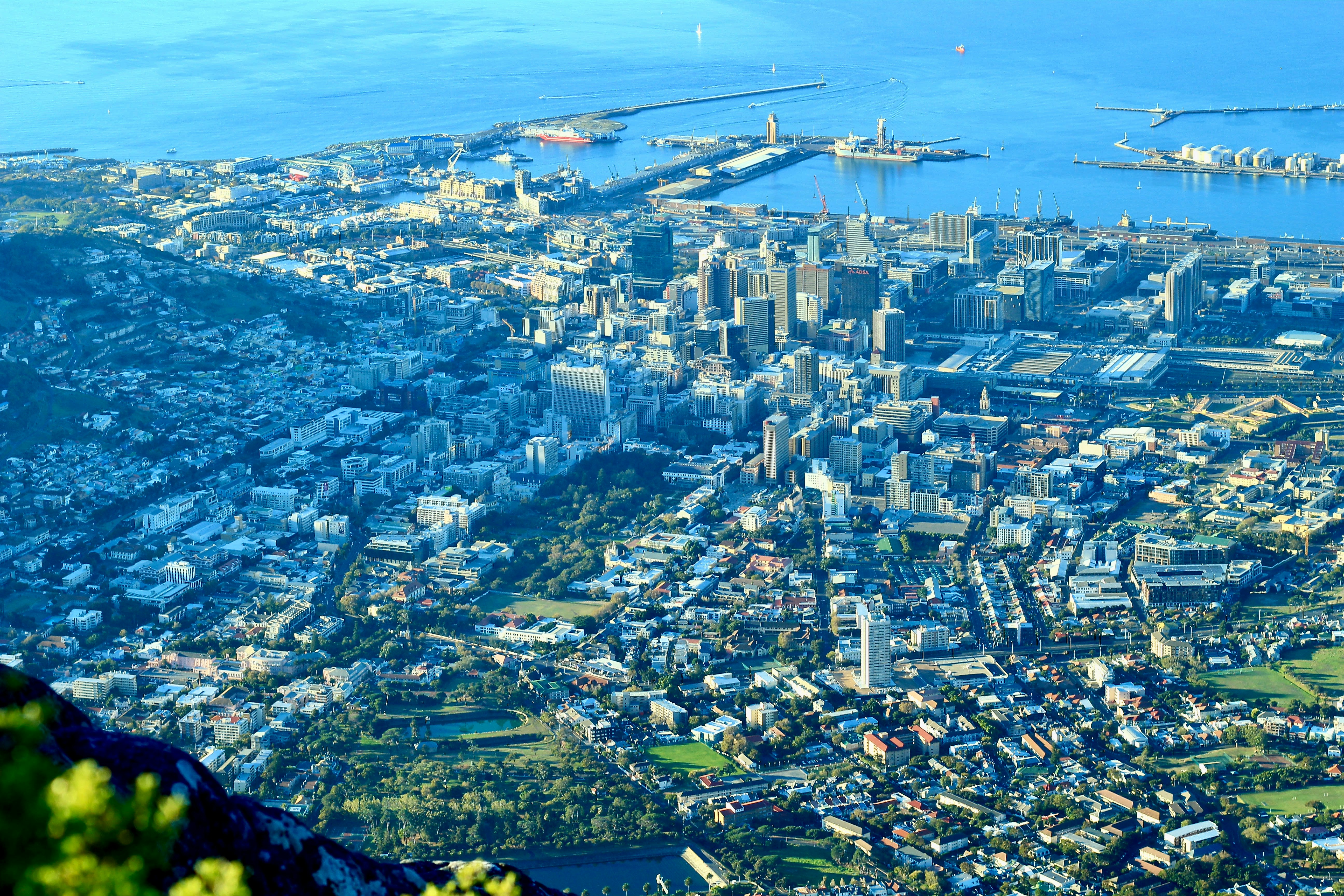
How to Apply for the South Africa Relative’s Visa – Step-by-Step Instructions
Applying for the South Africa Relative’s Visa involves several steps that must be completed carefully to ensure your application is accepted without delay. Below is a detailed breakdown of the application process, based on guidance from official South African consulates.
Important: In most cases, applications must be submitted from outside South Africa, unless exceptional circumstances apply or you're renewing an existing visa.
Step 1: Confirm Eligibility
Before beginning the process, ensure you meet the basic eligibility requirements:
You are a first- or second-degree family member of a South African citizen or permanent resident.
Your sponsor can provide proof of financial support.
You can provide the required documentation (passport, police clearance, proof of relationship, etc.).
Step 2: Complete the Application Form (DHA-1738)
Download and fill out Form DHA-1738, the official application for a temporary residence visa. This form must be:
Typed or completed in block letters.
Signed by the applicant.
Submitted with all supporting documents listed in the requirements section.
Step 3: Gather Supporting Documents
Prepare all documents required for submission, including:
Passport, photos, proof of relationship, medical and radiological reports.
Police clearances
Proof of financial means (from the South African sponsor)
Any necessary translations or certifications.
Review the exact list with your nearest South African embassy or visa application center, as requirements may vary slightly by location.
Step 4: Schedule an Appointment at a South African Mission or VFS Center
You’ll need to apply in person at a:
South African embassy or consulate (in your country of residence), or
VFS Global Visa Application Centre (if your region uses VFS services)
Book an appointment and bring all documents with you on the day of submission. You may also be required to submit biometric data during your appointment.
Step 5: Pay the Visa Fees
Fees vary depending on your family relationship and where you're applying. Generally:
Spouses and minor children are exempt from visa fees.
Other relatives must pay a DHA application fee (approx. ZAR 425 / USD $24)
Most applications require a VFS service fee (approx. ZAR 1,550 / USD $87)
Always check with the embassy or visa center for the most up-to-date fee structure.
Step 6: Wait for Processing
Visa processing times vary by country and case, but you can generally expect:
4–8 weeks for standard processing.
Longer processing time if additional documents are requested or backlogs occur.
Track your application via the VFS portal (if applicable) or contact the mission directly.
Step 7: Receive Your Visa Decision
Once approved, you’ll receive a visa label or endorsement in your passport. Double-check:
The validity period.
Any restrictions (such as work or study conditions)
The terms of renewal.
If denied, you may receive a reason for rejection and instructions for appeal or re-application.
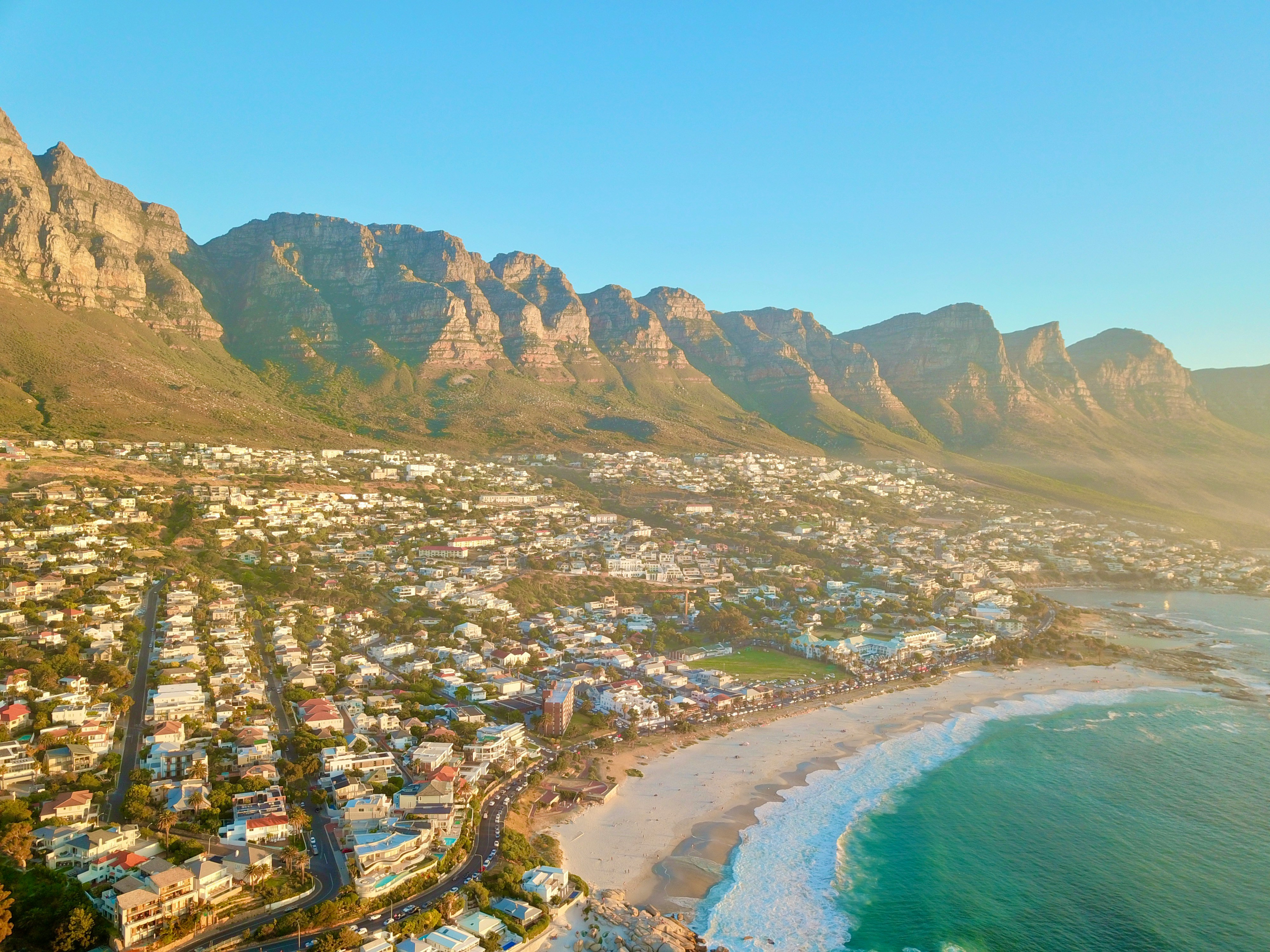
Stay Requirements for the South Africa Relative’s Visa
Once your Relative’s Visa is approved and issued, there are important conditions you’ll need to meet throughout your stay in South Africa. Failing to comply with these requirements could result in visa cancellation or complications when applying for renewals or permanent residence.
The Relative’s Visa is typically issued for a maximum of 2 years at a time.
The exact validity period may vary depending on the applicant’s relationship to the sponsor and supporting documentation.
You must leave South Africa or renew the visa before it expires if you intend to stay longer.
Note: You may apply to renew the visa from within South Africa as long as your current visa remains valid.
Work and Study Restrictions
You cannot work, study, or start a business on a standard Relative’s Visa. If you wish to engage in employment, academic programs, or business activities, you must apply for:
A work visa or study visa, or
A Section 11(6) spousal visa with work/study endorsement (if married to a South African)
Attempting to work or study without proper authorization is a violation of visa conditions and could result in deportation or blacklisting.
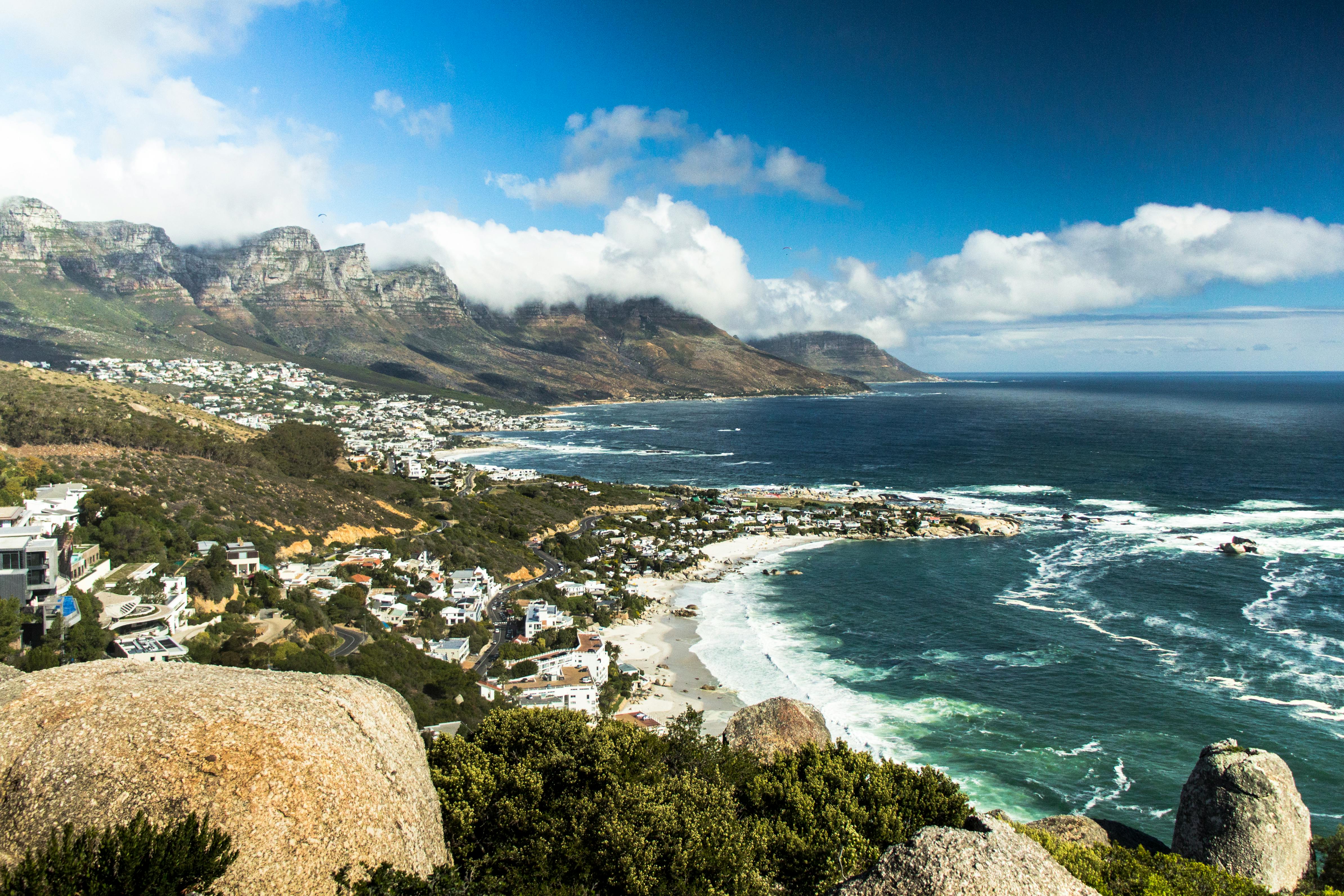
How Much Does the South Africa Relative’s Visa Cost?
The cost of applying for the South Africa Relative’s Visa can vary depending on your relationship to the South African sponsor and the location where you apply. While spouses and minor children are typically exempt from government application fees, other relatives must pay both a Department of Home Affairs (DHA) fee and a service fee if applying through VFS Global.
Here’s a breakdown of the standard fees:
DHA Application Fee: ZAR 425 (approximately USD $24) – This applies to relatives other than spouses or dependent children
VFS Global Service Fee: ZAR 1,550 (approximately USD $87) – This fee is required for all applicants submitting through VFS centers
Courier, SMS, or biometric handling charges: Additional optional costs may apply depending on the VFS center’s services
Keep in mind:
Fees must typically be paid in the local currency of the country where you’re applying.
Payment instructions can vary by consulate or VFS office, so it’s important to follow the specific guidance provided when booking your appointment.
Visa fees are non-refundable, even if your application is denied.
Always check with the relevant South African mission or VFS office before applying to confirm the most current fee structure and payment method for your country.
Taxes for People With a South Africa Relative’s Visa
If you're living in South Africa on a Relative’s Visa, your tax obligations depend on whether you are considered a tax resident and whether you earn any income, either locally or abroad.
In most cases, holders of the standard Relative’s Visa are not allowed to work, run a business, or study in South Africa. Because of this, they typically do not generate local taxable income and are not automatically registered as tax residents. However, there are important exceptions and conditions to be aware of.
If you spend more than 183 days in South Africa within any 12-month period, and especially if you have a permanent home in the country or intend to settle long-term, you may be classified as a tax resident by the South African Revenue Service (SARS). Even if you are not earning income within the country. In that case, you may be required to file a tax return and declare your worldwide income, even if it remains untaxed depending on applicable tax treaties or exemptions.
It’s important to note:
Receiving foreign income or passive income (e.g. pensions, dividends, rental earnings) could trigger tax reporting requirements.
If you later change your visa conditions to allow employment or business activity (e.g. via a Section 11(6) endorsement), you must register with SARS, obtain a tax number, and file annual returns.
To avoid unexpected tax liabilities, it’s a good idea to consult with a tax advisor familiar with South African residency rules, especially if your stay becomes long-term or you receive income from outside the country.
Living in South Africa with the Relative’s Visa
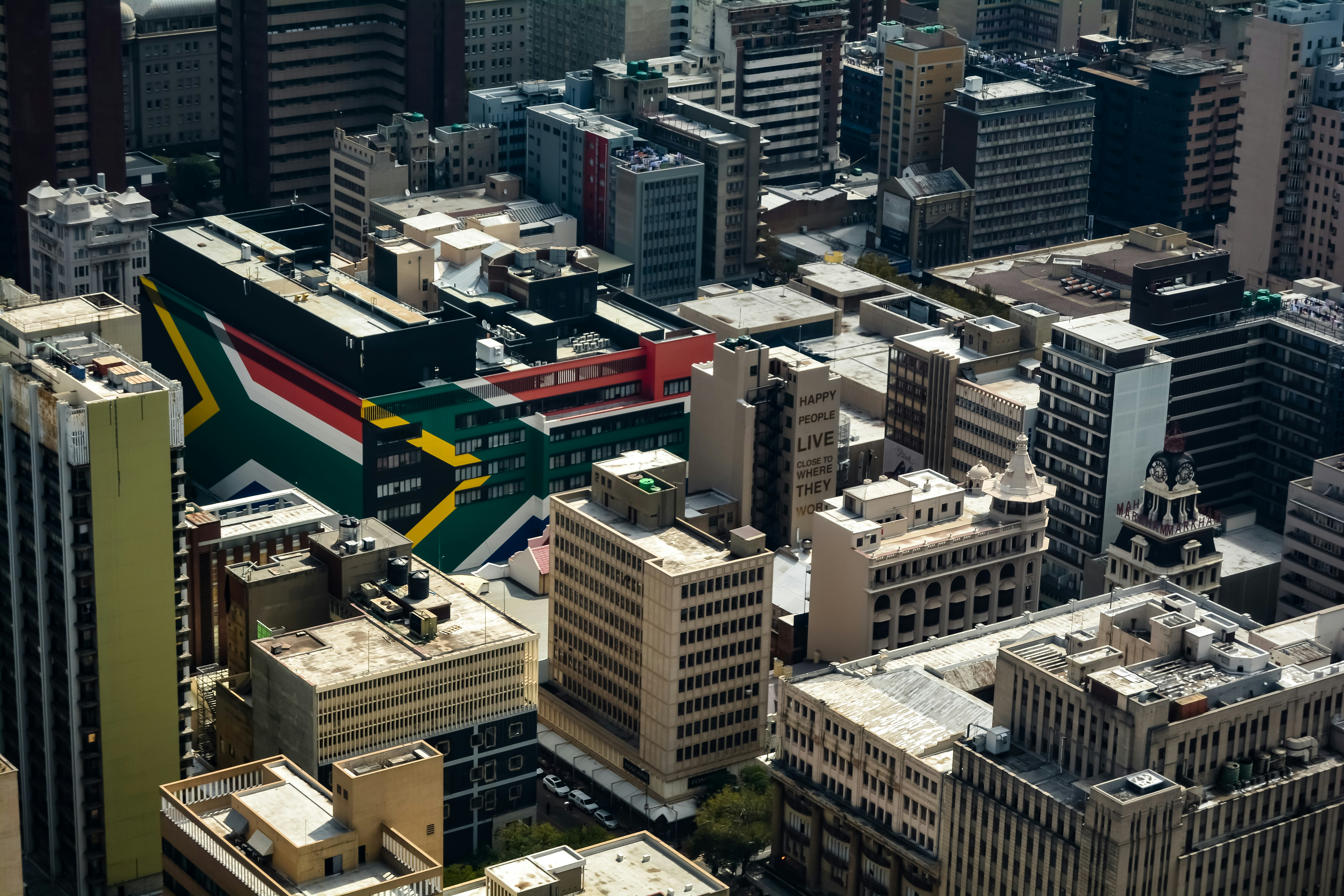
Living in South Africa on a Relative’s Visa allows you to stay close to your loved ones while experiencing the country’s rich culture, diverse landscapes, and vibrant communities. While this visa does not permit work or study, it offers a unique opportunity to immerse yourself in South African life. Whether that’s enjoying scenic nature reserves, exploring bustling cities like Johannesburg and Cape Town, or celebrating local traditions and cuisine with your family. The visa is ideal for those seeking to support and reunite with immediate family members while enjoying the comforts of home in South Africa.
However, it’s important to be mindful of the visa’s restrictions, especially regarding employment and education, as these activities are not permitted under the Relative’s Visa. Many visa holders find ways to enrich their experience through volunteering, community involvement, or pursuing personal projects. Additionally, the cost of living varies across regions, with major urban centers generally more expensive than rural areas. Planning your stay carefully and understanding local customs and regulations will help you make the most of your time living in South Africa with this visa.
Best Cities to Live in South Africa
South Africa offers a variety of cities that cater to different lifestyles, whether you prefer vibrant urban centers, coastal towns, or quieter suburbs. Here are three of the best cities to consider living in while on your Relative’s Visa:
Cape Town
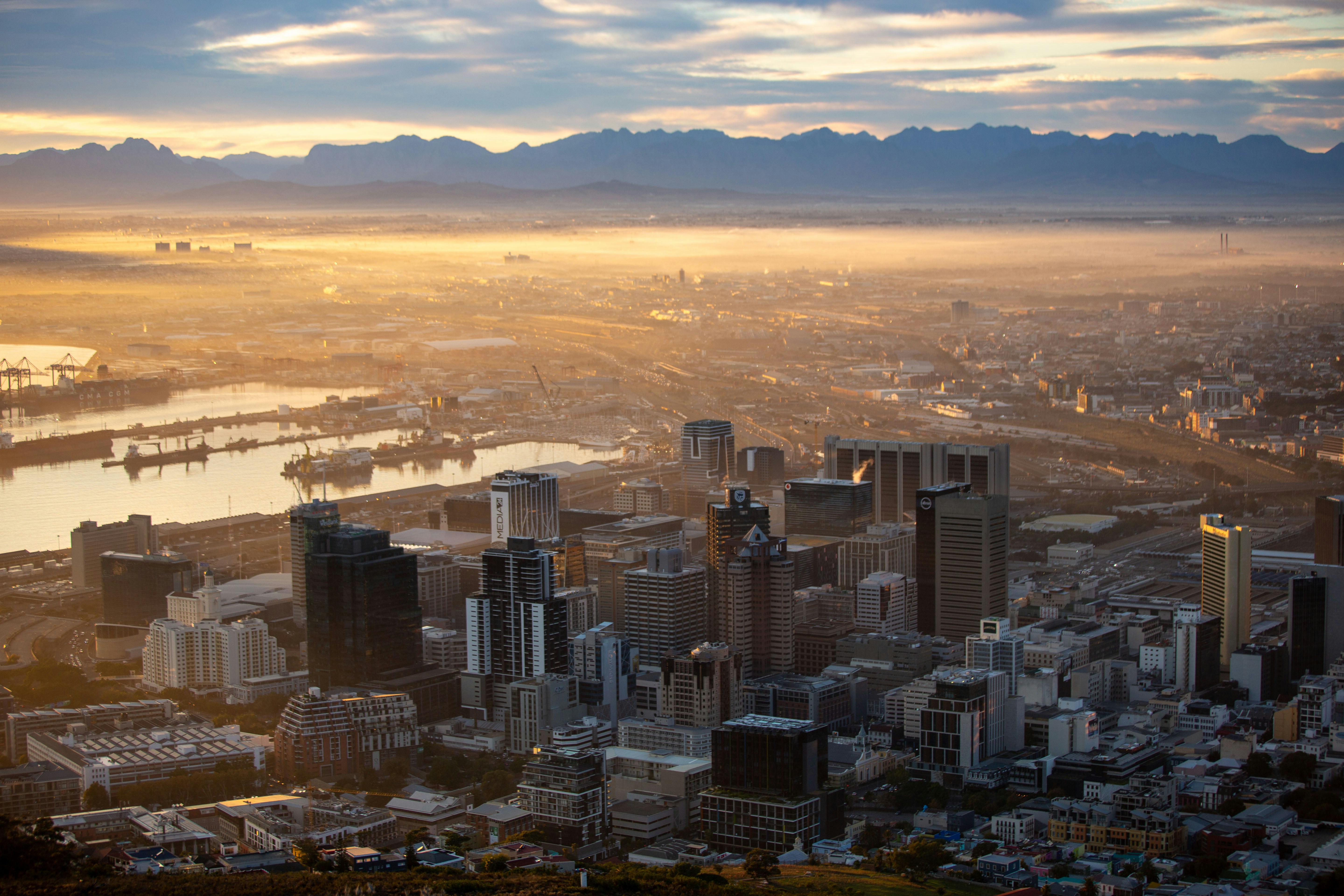
Known for its breathtaking natural beauty, Cape Town is a top choice for many expats and families. Nestled between the iconic Table Mountain and the Atlantic Ocean, the city offers a mild Mediterranean climate, diverse cultural experiences, and excellent outdoor activities like hiking, surfing, and wine tasting. Cape Town boasts a robust infrastructure, good healthcare facilities, and vibrant neighborhoods that blend modern living with rich history.
Johannesburg
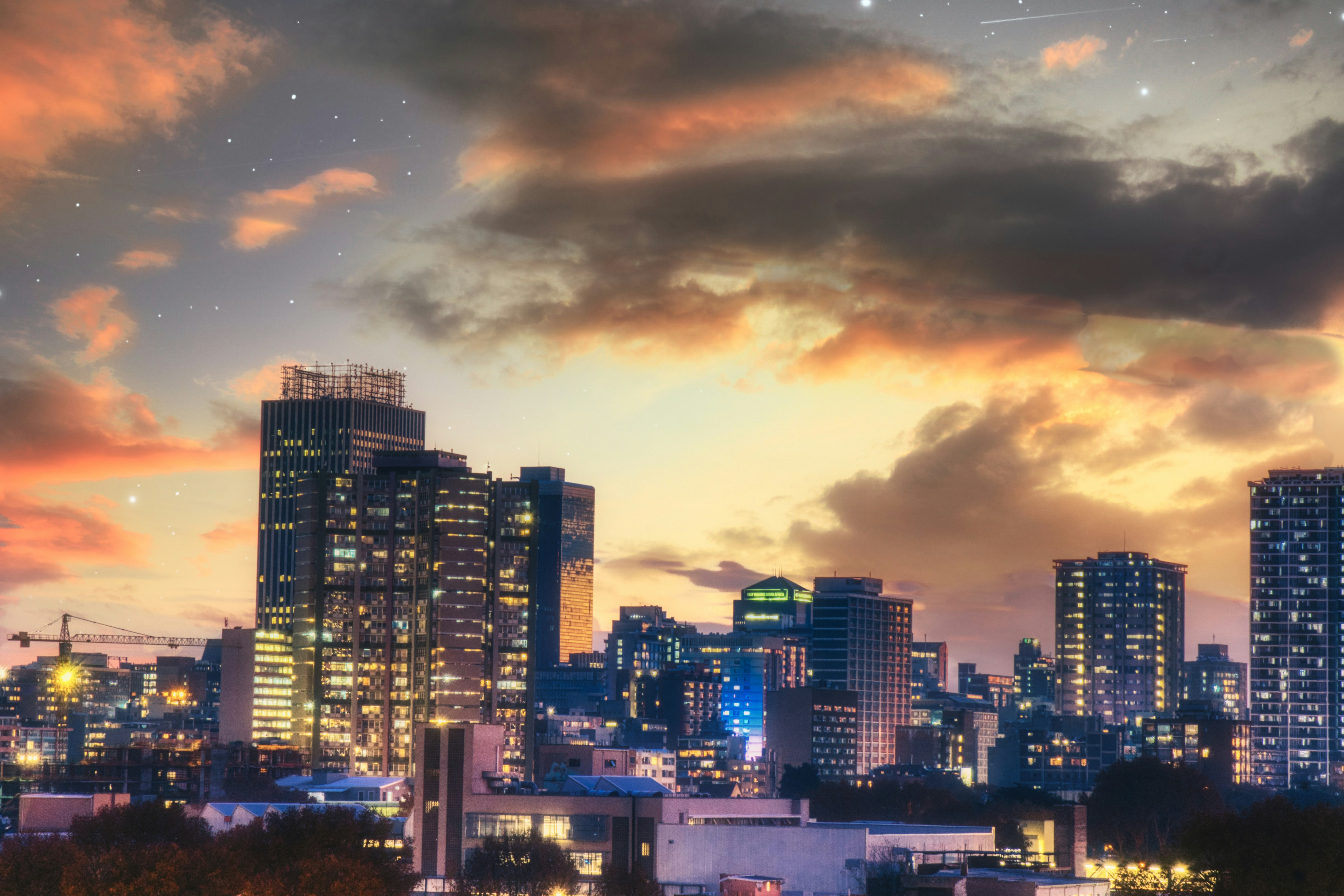
As South Africa’s largest city and economic hub, Johannesburg is ideal for those seeking a dynamic urban lifestyle. It is a melting pot of cultures with plenty of entertainment, shopping, and dining options. Johannesburg also offers numerous parks, museums, and a growing arts scene. While the pace of life is fast, many suburbs provide quieter residential areas with good schools and amenities for families.
Durban
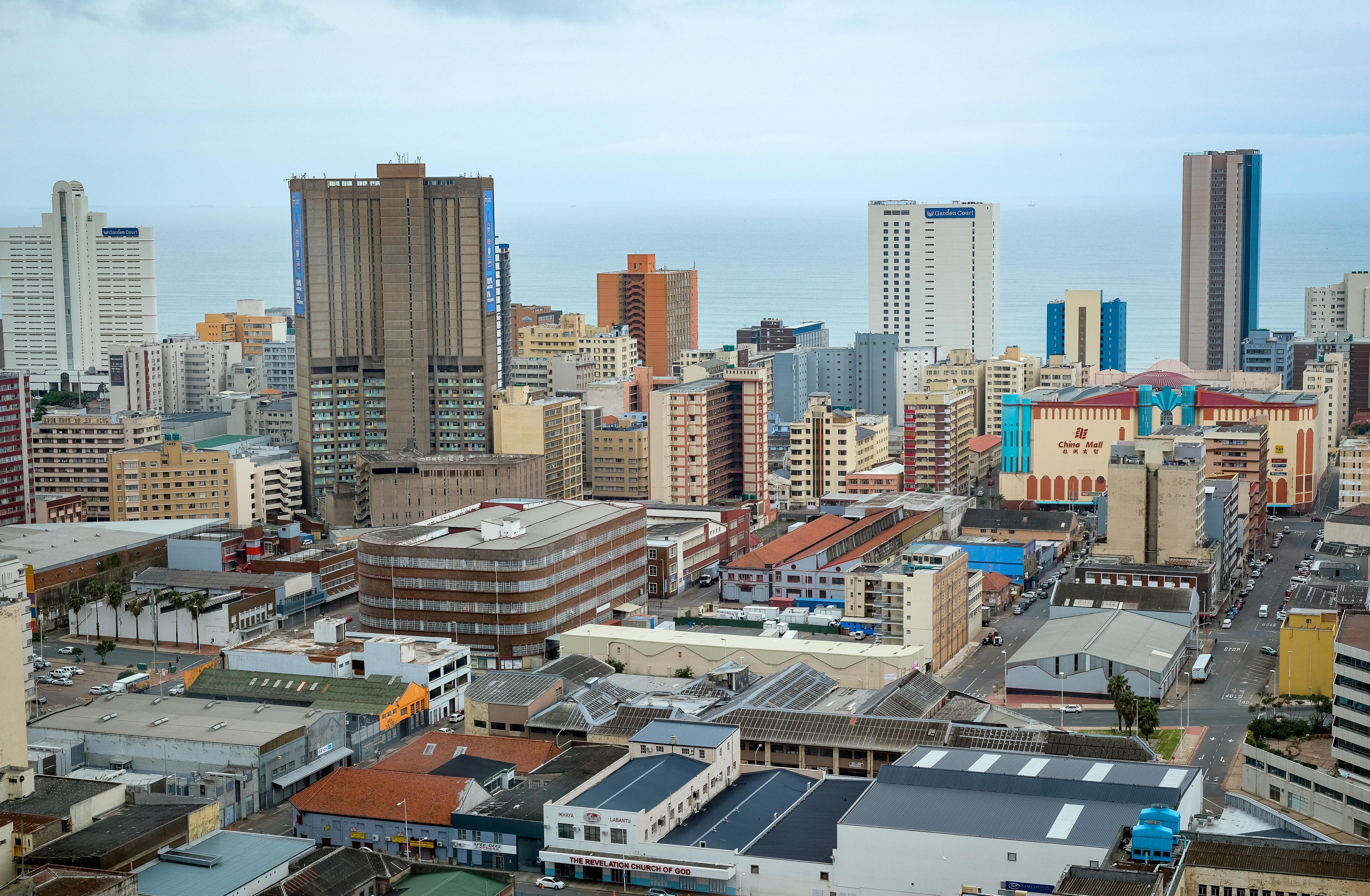
If you’re drawn to coastal living, Durban’s subtropical climate and beautiful beaches make it an attractive option. The city is known for its friendly atmosphere, diverse cultural heritage, and affordable cost of living compared to other major South African cities. Durban also offers great opportunities for outdoor sports, including swimming, boating, and golfing, making it perfect for families and individuals who love an active lifestyle.
Cost of Living
The official currency of South Africa is the South African rand (ZAR). 1 ZAR = approximately USD $0.0524
The average net monthly salary in South Africa is around R 18,098, which equates to approximately USD $948 .
Here’s a rundown of what you should expect to pay in different cities:
Johannesburg
Rent (1 bedroom in city centre): $412 per month
Rent (3 bedrooms outside city centre): $657 per month
Basic Utilities: $72 per month
Wi‑Fi (60 Mbps unlimited): $39–44 per month
Public Transport (one‑way ticket): $1.62
Groceries (2 people): $250–500 per month
Cape Town
Rent (1 bedroom in city centre): $774 per month
Rent (3 bedrooms outside city centre): $996 per month
Basic Utilities: $96 per month
Wi‑Fi (60 Mbps unlimited): $42 per month
Public Transport (one‑way ticket): $1.10
Groceries (2 people): $300–600 per month
Durban
Rent (1 bedroom in city centre): $347 per month
Rent (3 bedrooms outside city centre): $550 per month
Basic Utilities: $136 per month
Wi‑Fi (60 Mbps unlimited): $36 per month
Public Transport (one‑way ticket): $1.66
Groceries (2 people): $320–640 per month
FAQs
Can I work or study in South Africa with a Relative’s Visa?
No, the Relative’s Visa does not permit the holder to work, study, or start a business. If you wish to work or study, you will need to apply for the appropriate visa type or an endorsement that allows such activities.
How long does it take to process a Relative’s Visa application?
Processing times typically range from 4 to 8 weeks, depending on the country where you apply and the completeness of your application. Some cases may take longer if additional documentation or background checks are required.
Can I renew my Relative’s Visa from within South Africa?
Yes, you can apply to renew your Relative’s Visa while you are still in South Africa, provided your current visa has not expired. It’s recommended to start the renewal process at least 60 days before expiration.
What proof of relationship is required for the Relative’s Visa?
You need to provide official documents such as birth certificates, marriage certificates, or affidavits that prove your familial relationship with the South African citizen or permanent resident sponsoring you.
Is health insurance mandatory for the Relative’s Visa?
While not always explicitly required at application, it is strongly recommended to have private health insurance to cover medical costs during your stay, as South Africa’s public healthcare system may not meet all your needs.
Can I get help applying for the South Africa Relative’s Visa?
If you need help applying for a visa, you can talk to Citizen Remote. Get specific advice from one of our experts, or outsource the entire application to our team.
Author
Nadia Dardón is a content creator from Guatemala. She has worked fully remotely for the past six years as a copywriter, editor, and content creator, working for different industries. She started her digital nomad journey in 2022 and currently lives as an expat in Spain.
